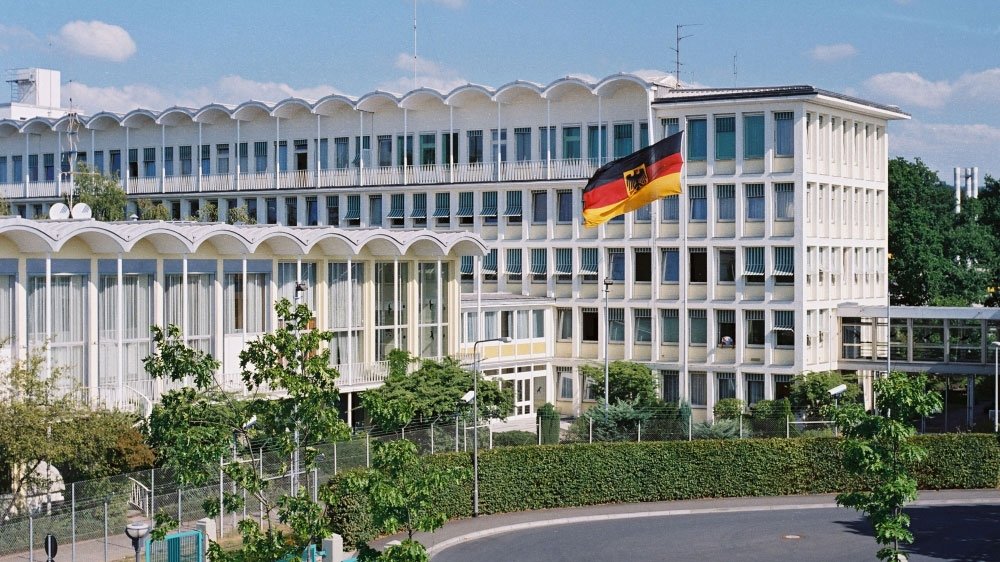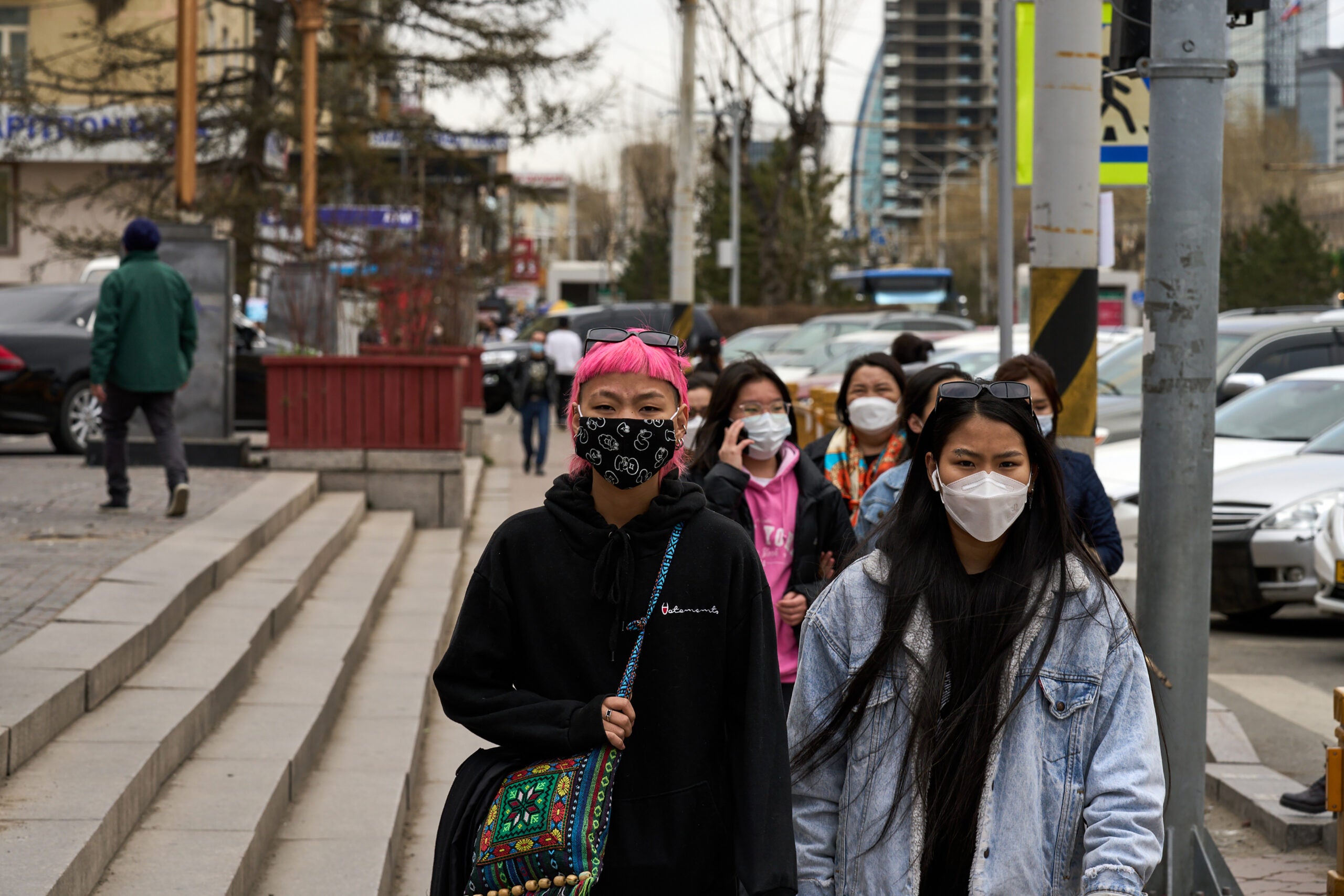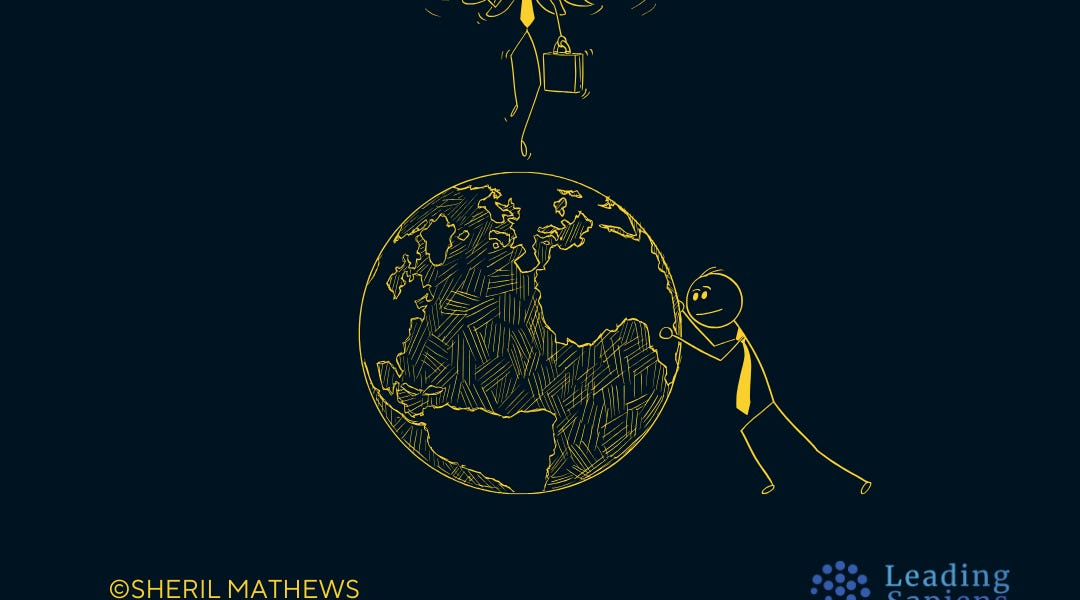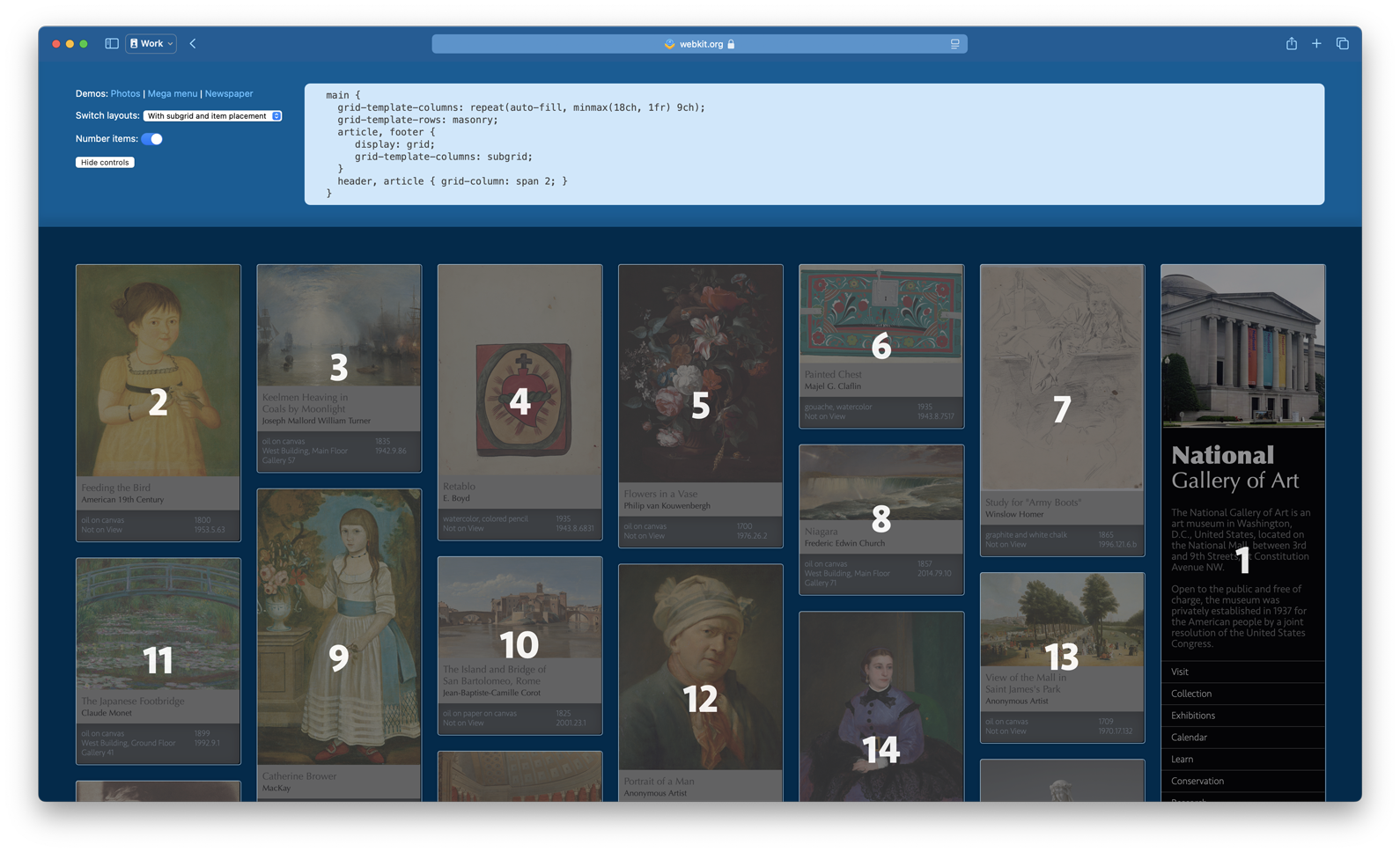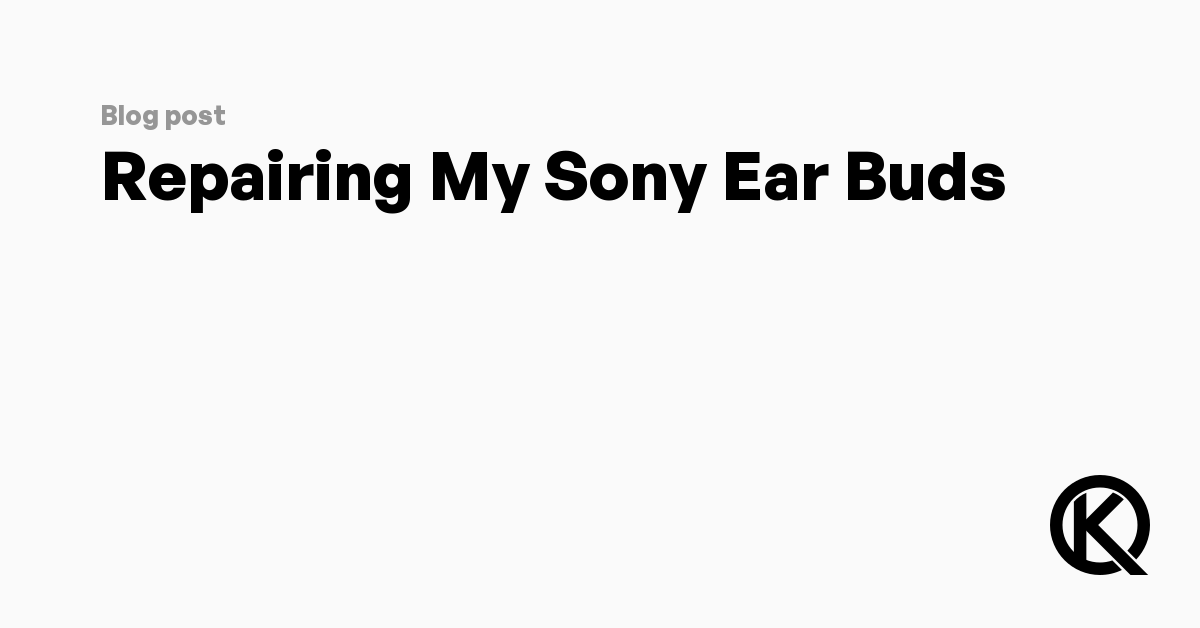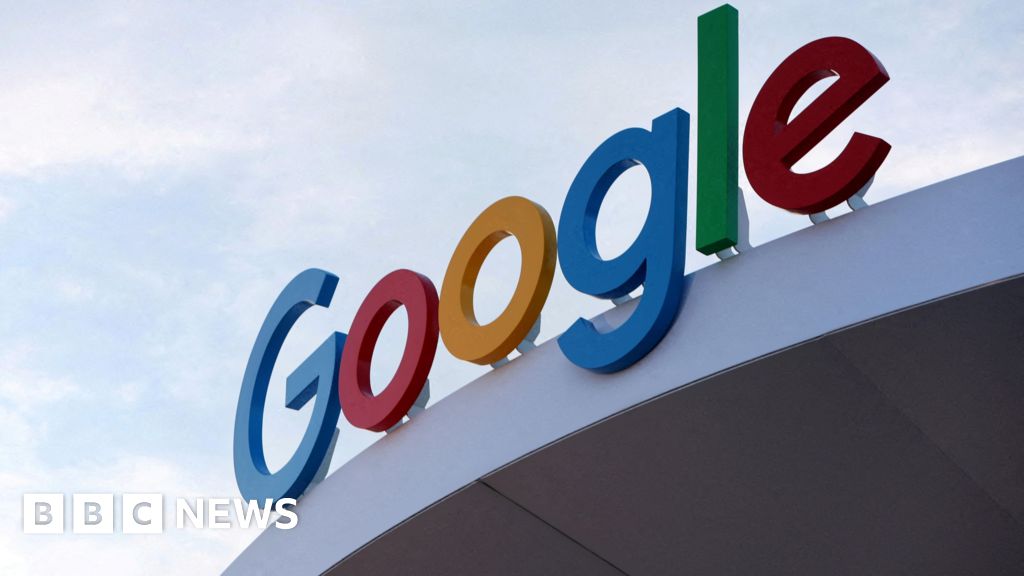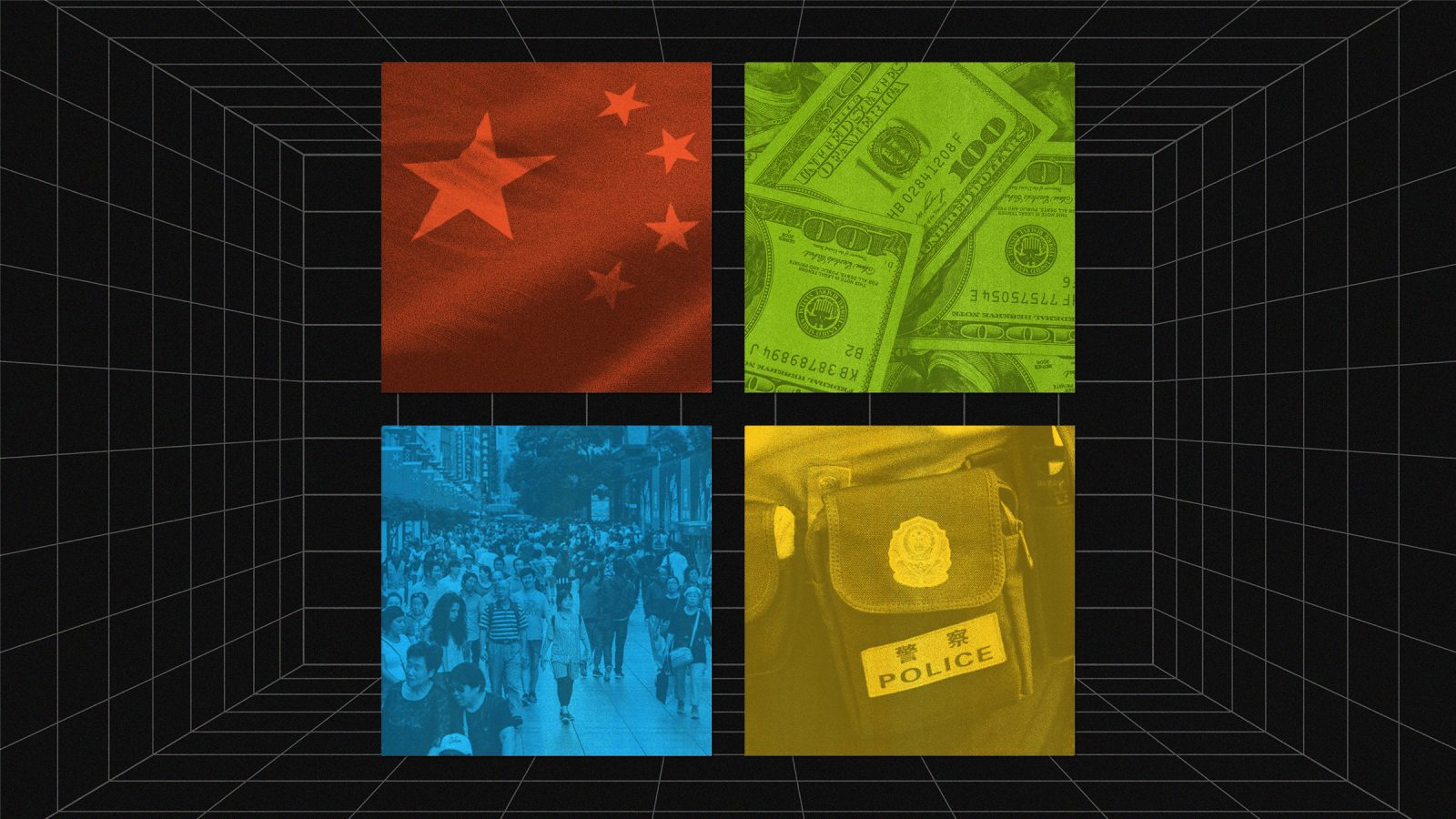
Chinese startups supported by Microsoft and Google incubator programs worked with police
Silicon Valley tech giants, including Microsoft and Google, have supported tech companies that provide censorship and policing technologies in China, according to publicly available corporate and promotional materials reviewed by Rest of World.
Support for the companies through their startup incubator programs raises questions about the future of these initiatives, especially as Donald Trump prepares to take a second term as president. Experts say Chinese tech companies and their Western partners will likely face increasing scrutiny in Washington for the next four years, and the kind of tech collaboration Microsoft once pioneered with China might be facing an end.
Over the last decade, China has become a global leader in using new technologies for surveillance and policing. In some cases, the technology enforces traffic rules and finds missing children. But authorities also use cutting-edge software to censor online speech, arrest bloggers and activists, and surveil ethnic minorities, most notably the Uyghur population in the northwestern region of Xinjiang.
Two Chinese companies were selling censorship software to support government regulations or working with the police before they joined Microsoft’s long-running program. AI startup Data Grand sold censorship software to internet companies before joining the incubator in 2017, while cybersecurity firm Tophant partnered with a police research institute back in 2021, before it was accepted into the program in 2023.

